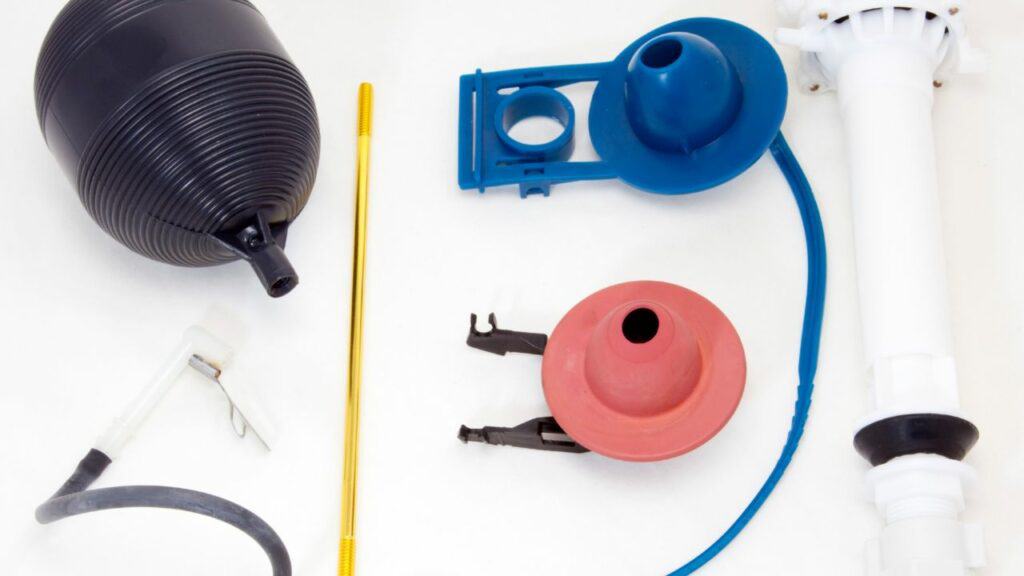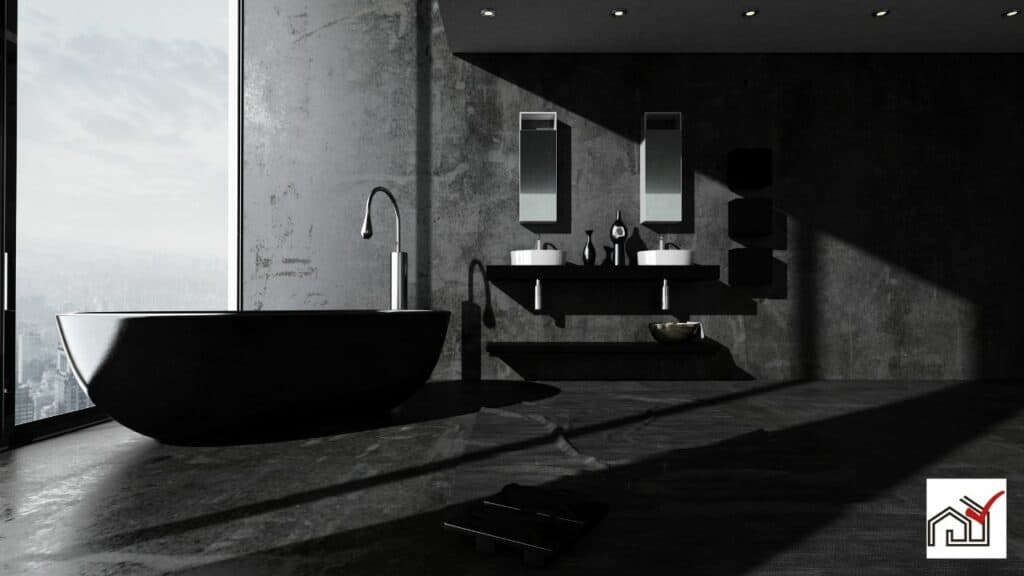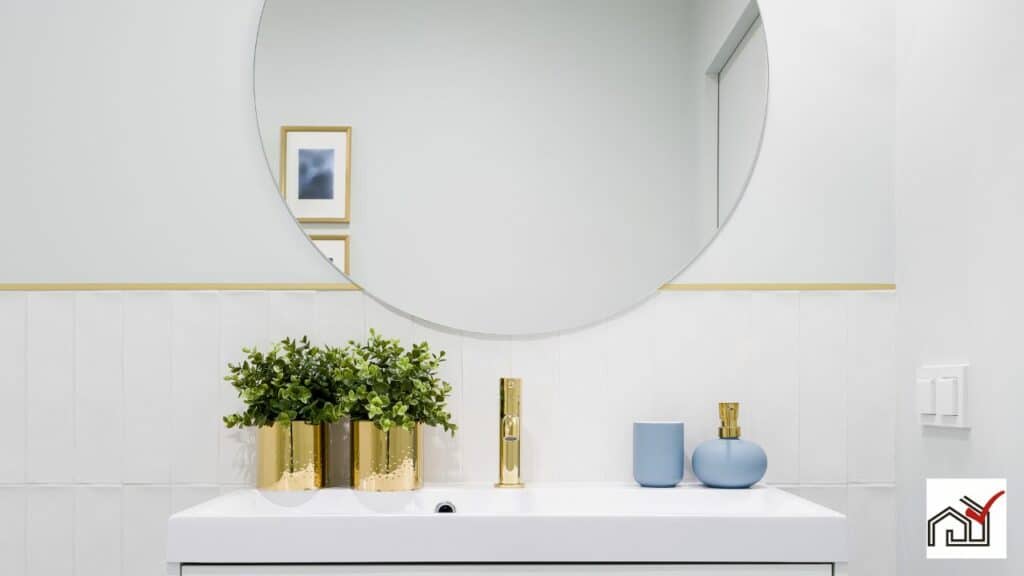In choosing between a shower door and a shower panel for bathroom renovations, it's important to consider their different features.
Shower doors are made of glass and close off the shower area to contain water and steam, which can help with privacy and steam therapy. They can also add to a home's value.
Shower panels, usually fixed glass partitions, offer an open look and can make a space appear larger. They are typically easier to install but may not contain water as effectively as shower doors.
The decision should be based on personal preference, including considerations of privacy, design, maintenance, and budget.
Understanding Shower Doors
Shower doors come in different styles such as hinged, pivot, sliding, and bi-fold, each serving different space and design needs.
Hinged doors open like regular doors and are suitable for larger bathrooms. Pivot doors rotate on top and bottom pins, ideal for smaller bathrooms. Sliding doors have panels that move side-to-side, saving space, while bi-fold doors fold inwards, good for very small spaces.
Glass panels in showers offer a modern look and make spaces feel open, but may not fully prevent water splashes. Full glass shower screens provide more water protection while keeping the bathroom feeling open.
These shower door options allow for varied bathroom designs and can add a luxurious touch. Regular cleaning is necessary to avoid rust and maintain hygiene.
Exploring Shower Panels
Shower panels are chosen for their modern look and ability to save space, serving as an alternative to traditional shower doors. They usually feature a single piece of fixed glass and give bathrooms a clean, modern appearance without interrupting the visual flow of the room. This makes them suitable for small bathrooms or those designed with a minimalist approach.
These panels work well in walk-in showers, enhancing the sense of openness and integrating the shower area with the rest of the bathroom. They can make the bathroom feel larger and more welcoming.
However, it's important to note that shower panels provide less protection against water splashes than full shower doors. Water may escape the enclosure more easily, which could lead to wet floors and require more frequent cleaning. They may not be the best option for homes with high water pressure, young children, or pets due to limited water containment and safety concerns.
Design and Aesthetics Compared
Frameless shower doors are a modern upgrade that can make bathrooms appear larger and more elegant. They lack frames, which can help highlight other bathroom features. Framed glass shower doors provide a more defined look that can complement other fixtures but may make small bathrooms feel more confined.
Shower panels are becoming popular for their minimalist and modern appearance. They often contribute to a sense of more space since they don't have a swinging door. Their fixed glass maintains an uninterrupted view, offering a tidy and spacious feel.
Glass shower panels are usually more affordable and easier to install than shower doors, making them suitable for small spaces. They provide a simple elegance that blends well with various bathroom designs.
The choice between shower doors and panels depends on individual taste, functionality needs, and bathroom configuration for the intended design effect.
Installation and Maintenance
Shower panels are easier to install and maintain than shower doors. With their simple design, they attach directly to the wall, avoiding complex tracks and supports, making installation quicker and more cost-effective. They also have fewer places for water and soap scum to collect, simplifying cleaning.
In contrast, glass shower doors need a more detailed installation to ensure proper alignment and functionality. They offer better splash protection and privacy but require regular cleaning of tracks and seals to prevent mold and reduce wear.
The installation and upkeep of glass shower doors differ if they are framed or frameless. Framed doors have additional elements that may need more cleaning around the frame. Frameless doors look cleaner but require a more precise installation to be stable and operate correctly.
Choosing between a shower panel and a glass shower door involves considering installation ease and maintenance commitment. Panels are simpler and lower maintenance, while doors offer more customization but need more care.
Durability and Safety Features
Durability and safety are key considerations for bathroom enclosures, such as shower doors or panels. They commonly use tempered glass, which is stronger than regular glass due to a heat-treatment process. If tempered glass breaks, it forms small, less dangerous pieces instead of sharp shards, reducing injury risk.
Shower doors may have frames that add support but can collect water and soap, leading to corrosion or mold if not cleaned regularly. Frameless shower doors have a cleaner design and fewer metal parts, minimizing these issues and offering durability.
Fixed glass shower panels are favored for their clean look and minimal hardware. They have fewer parts that can break or need maintenance, contributing to durability and a more open feel in the bathroom. As there are no moving parts, they also experience less wear and tear.
For safety, tempered glass in shower doors and panels is built to endure daily use. Glass surfaces may also be treated to repel water and prevent stains, helping maintain the material's condition and appearance over time. Regardless of choosing a door or panel, these features ensure a lasting and safe bathroom enclosure.
Cost Analysis
When selecting a shower door or panel for a bathroom renovation, it's important to evaluate both initial purchase costs and future expenses. The price includes not only the materials but also installation and maintenance.
Full glass shower doors tend to cost more initially. This includes bypass or sliding glass doors, which are priced higher due to the quality of glass and installation complexity. Hardware such as hinges and handles add to the cost.
Glass shower panels are typically less expensive, usually half to two-thirds the cost of glass doors. However, installation costs must also be considered. Panels come in framed, frameless, and semi-frameless designs, each with different costs. Semi-frameless panels are a mid-range option, offering a near-frameless look for less.
Customization increases the cost for both doors and panels, as tailored dimensions and styles are more expensive. It's advisable to compare prices from different suppliers to find the best value that fits the budget and design preferences.
Taking these factors into account will help achieve a cost-effective bathroom renovation.
Making the Right Choice
When deciding between a shower door and a shower panel, homeowners should consider their design preferences, functionality, and bathroom layout.
A shower door may be better for keeping the floor dry and is useful for those requiring a safe environment, especially for individuals with mobility issues.
A shower panel can be a good choice for smaller bathrooms, offering a modern look and easy access, which can be advantageous for those with mobility concerns.
Shower doors typically need more cleaning to avoid water stains, while shower panels may need checks to keep water from leaking onto the floor.
The type of shower head is also a factor. A high-pressure shower head might work better with a shower door to prevent water spray, while a lower pressure head could be adequate with a shower panel.
The right choice will depend on the balance of privacy, splash protection, maintenance, and the bathroom's specific layout and user needs.




